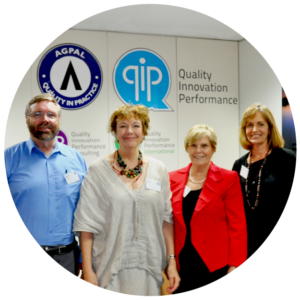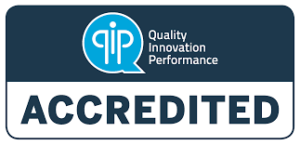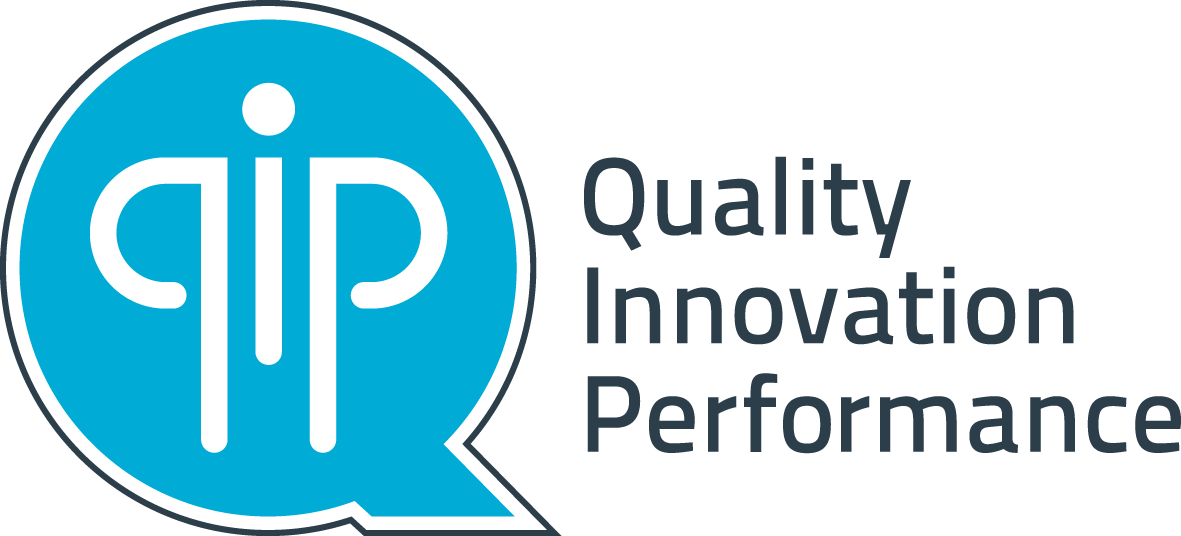Cosmetic Medical and Surgical Facilities
As Australia’s most comprehensive not-for-profit organisation specialising in accreditation, certification, and verification, QIP has extensive expertise across the entire health, community, and human services continuum. We are committed to supporting organisations in delivering patient-focused services that emphasise safety, quality care, and continuous improvement.
In December 2023, the Australian Commission on Safety and Quality in Health Care (the Commission) introduced the National Safety and Quality Cosmetic Surgery Standards (the Cosmetic Surgery Standards) to enhance the quality and safety of cosmetic surgical procedures across Australia. These standards set requirements for all facilities performing cosmetic surgeries, focusing on strong clinical governance, infection control, and exceptional patient care. Accreditation under these standards is expected to commence in early 2025.
Cosmetic surgery involves invasive procedures to alter the appearance, texture, structure, or position of normal bodily features. It differs from non-surgical cosmetic procedures and reconstructive surgeries performed for medical reasons. These new Cosmetic Surgery Standards offer clear, comprehensive guidelines to standardise and improve the quality of cosmetic surgery services nationwide.
The Cosmetic Surgery Standards set a benchmark for safety and quality for cosmetic surgery patients across Australia, designed to address the unique risks and requirements of cosmetic medical and surgical procedures.
Overview of the Cosmetic Surgery Standards
The Cosmetic Surgery Standards encompass a total of 101 actions across the seven standards. Specifically:
- Clinical Governance includes 26 actions focusing on leadership, culture, risk management, and continuous quality improvement.
- Partnering with Consumers involves 13 actions to ensure effective consumer engagement, decision-making, and feedback mechanisms.
- Preventing and Controlling Infections contains 18 actions emphasising hygiene protocols, infection monitoring, and staff training.
- Medication Safety comprises 12 actions aimed at maintaining accurate medication records, safe administration practices, and patient education.
- Comprehensive Care includes 12 actions to ensure all patient needs are addressed through individualised care plans, coordinated care, and post-operative support.
- Communicating for Safety involves 10 actions to establish clear communication protocols and thorough documentation practices.
- Recognising and Responding to Acute Deterioration consists of 10 actions for monitoring systems, rapid response protocols, and staff training.
Cosmetic Surgery Module
For organisations already accredited to the NSQHS Standards, the Cosmetic Surgery Module integrates seamlessly and includes an additional five standards and 20 actions not covered by the NSQHS Standards, including:
- Clinical Governance (8 additional actions)
- Partnering with Consumers (6 additional actions)
- Medication Safety (3 additional actions)
- Comprehensive Care (2 additional actions)
- Recognising and Responding to Acute Deterioration (1 additional action)
Accreditation to the Cosmetic Surgery Standards
The Cosmetic Surgery Standards are aligned in structure and intent with the National Safety and Quality Health Service (NSQHS) Standards (second edition), which are implemented in all Australian hospitals and day procedure hospitals.
The Cosmetic Surgery Standards are mandatory for all Services where cosmetic surgery is performed. Accreditation is likely to begin in early 2025.
Services performing Cosmetic Surgery and who are not already accredited to the NSQHS Standards will be required to be assessed against all 7 Cosmetic Surgery Standards however those already accredited to the NSQHS Standards, will continue to be assessed to the NSQHS Standards and be required to implement additional actions outlined in the Cosmetic Surgery Module.
Benefits of accreditation
Consumer confidence
Reassures patients and the local community of a health services’ commitment to deliver quality-focused services and care.
Reduce business risk
Allows for ongoing review, monitoring & improvement of systems, processes & culture; enabling risk management & mitigation.
Quality team
Educating and engaging a health service’s team in the process of quality improvement can build a culture of quality among staff.
Industry benchmark
Offers confidence to patients of the service delivery and care provided and can assist health services to meet regulatory requirements for funding incentives.
Quality improvement
Reflects a health service’s commitment to continuous quality improvements in systems, processes, policies, culture, risk management and staff management.
Enhanced services
Provides opportunities to identify areas for improvement and implement solutions to enhance patient care and service experiences.
How QIP supports organisations
Tailored support
QIP has trained QIP Client Liaison Teams on hand to answer any questions clients may have about their accreditation, certification or verification. With expert knowledge of each of the standards or frameworks, evidence requirements and the self-assessment process, QIP’s Client Liaison Teams provide clients with on-going advice throughout their cycle.

QIP’s accreditation hub
The QIP accreditation hub is an online platform tailored to each client’s individual accreditation timelines and framework requirements. It includes a personalised action plan, a resource library and a number of other features to support clients throughout their accreditation journey.
Access to AccreditationPro
QIP’s online self-assessment software, known as AccreditationPro, streamlines accreditation preparation by helping clients determine their organisation’s compliance with an applicable set of Standards.

Access to online resources and education
QIP’s online Education and Resource Library, provides clients with access to a range of practical, informative and customisable resources to support organisations in complying with the relevant industry Standards.
Regular news and e-newsletters
Stay up-to-date with industry and organisational news, helpful tips and your standards information with QIP communications including periodical e-newsletters advising of any changes to processes, systems, standards or evidence requirements are released.
Highly trained assessment teams
QIP’s Assessors are highly trained and qualified peer assessors who work across the Australian health, community and human services sectors. Our team will share their knowledge and support organisations through the accreditation assessment.

Celebrating the achievement of accreditation
Achieving QIP accreditation takes dedication, team work and a commitment to continuous quality improvement. When organisations achieve their accredited, certificated or verified status, they are provided with their own 'Promotional Toolkit' filled with a number of materials to celebrate and promote this achievement.
The QIP Accredited Symbol is one way consumers and local community can be reassured that an organisation has been recognised for their commitment to delivering a safe and quality-focused service.


